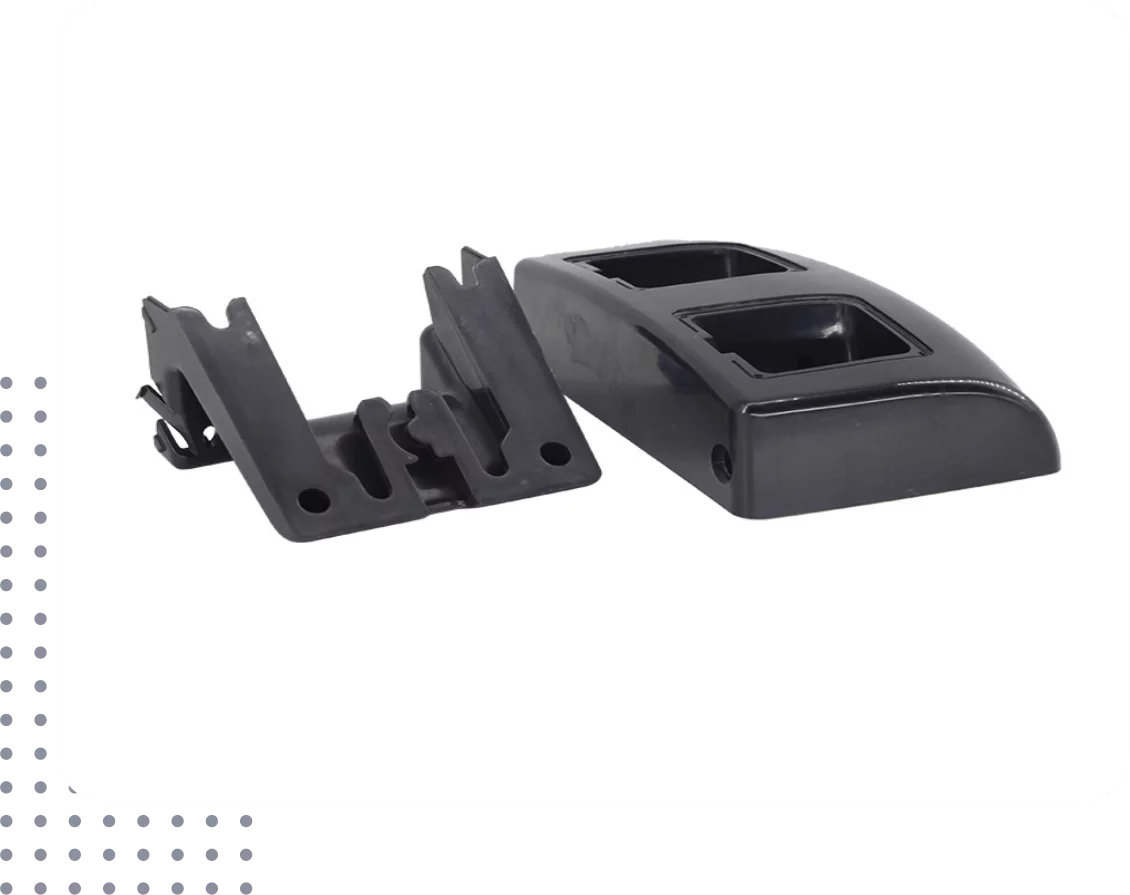Chrome-Plating

Chrome-Plating refers to plating chromium as a coating on other metals; It can improve the gloss of the product and corrosion resistance.
Chrome-Plating
Chrome-Plating refers to plating chromium as a coating on other metals; It can improve the gloss of the product and corrosion resistance.

Description
Applicable Materials
Stainless steel, Aluminum, Copper, Brass, Stainless iron
For Serivices
CNC Machining Services, Sheet Metal Fabrication, Injection Molding Services
Electrolytes
Sulfate-only catalysts, Sulfate-fluoride catalysts, Sulfate-fluoride-organic catalysts
Applications
Machinery parts, Medical devices, Hydraulic cylinders and pistons, Automotive and mechanical components.
Features
Appearance
Smooth Silver
Process Type
Rolling Plating, Hanging plating,
PVD Plating
Strengths
Wear resistance, Corrosion resistance, Excellent decorative effect
Coating Thickness
0.25-1.0 µm
Chromium is a silver-white metal with a bluish tinge. It is easily passivated in air and forms a very thin passivated film on its surface, thus showing the properties of precious metals.
The Chrome-plating layer has a very high hardness. According to the composition of bath and process conditions, its hardness can vary in a wide range of 400 ~ 1200HV. The chrome-plated layer has good heat resistance. When heated below 500℃, its gloss and hardness have no obvious change. When the temperature is greater than 500℃, it begins to oxidize and change color, and when the temperature is greater than 700℃, the hardness begins to decrease. Chromium plating has a low friction coefficient, especially dry friction coefficient, the lowest among all metals. So chromium plating has good wear resistance.
The Chrome-plating has good chemical stability and does not react in alkali, sulfide, nitric acid, and most organic acids but is soluble in hydrochloric acid (such as hydrochloric acid) and hot sulfuric acid. Chromium has a reflection ability of about 65% in the visible light range, between silver (88%) and nickel (55%). It is superior to silver and nickel because chrome does not change color and retains its reflection ability when used for long periods.

